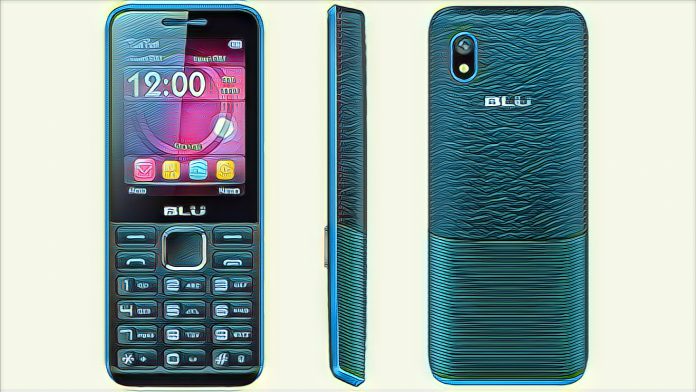Nigerians are increasingly opting for older and cheaper 2G devices as the country faces a severe economic crisis, according to a recent report by BusinessDay. The report cites data from the Nigerian Communications Commission (NCC), which shows that 2G remains the dominant technology in Nigeria’s mobile market, with 60.32 percent of the country’s 220.36 million mobile subscriptions on the 2G network as of August 2023.
The report attributes the shift to 2G services and devices to the rising cost of living, which has diminished consumers’ buying power and forced them to prioritize basic communication needs over data-hungry applications. The report also notes that the average selling price of smartphones in Nigeria increased by 9 percent in 2021, making them unaffordable for many low-income earners.
The report echoes similar findings by other sources, such as Counterpoint Research and Statista, which have highlighted the challenges and opportunities of Nigeria’s smartphone market. According to Counterpoint Research, Nigeria’s smartphone sales grew by 81 percent year-on-year in 2021, driven by improving economic conditions, pent-up demand, and the entry of new Chinese brands. However, the research firm also noted that nearly 90 percent of smartphone sales in 2021 were in the less than $200 price band, where Transsion brands Infinix, ITEL, and TECNO captured 63 percent share.
Statista, on the other hand, projected that revenue in the smartphone market in Nigeria would amount to US$9.4 billion in 2023, with an annual growth rate of 6.34 percent from 2023 to 2028. The market research portal also estimated that only about 10 to 20 percent of the Nigerian population owned a smartphone, while the Alliance for Affordable Internet put the figure at 44 percent.
The report by BusinessDay suggests that there is still a huge potential for smartphone penetration and adoption in Nigeria, especially as network operators expand their 4G and 5G coverage and offer affordable data plans. However, the report also warns that high inflationary pressure, especially in food prices, may damage consumer sentiment towards big-ticket items like smartphones.
Despite the economic challenges, some Nigerians remain optimistic about the future of technology and innovation in their country. Patricia Ogele, a sales girl who had to settle for a Nokia 3310 instead of a smartphone, said she hoped to save enough money to buy a better device soon. “I believe things will get better someday,” she said.
Source: BusinessDay



